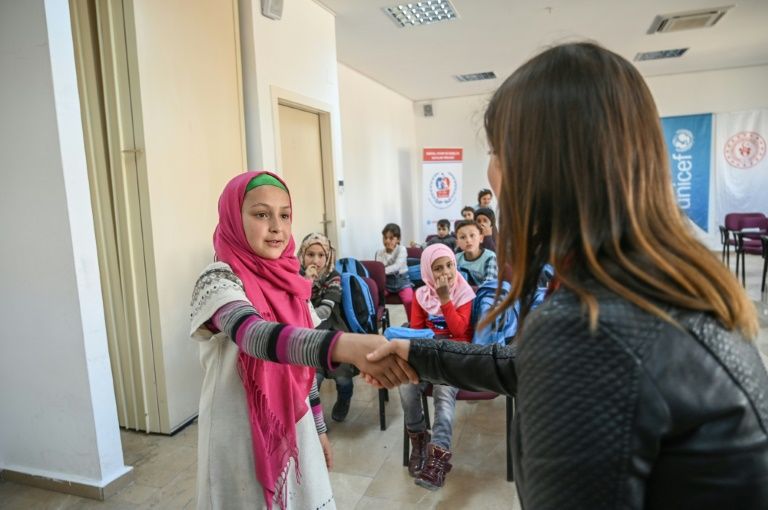New York, NY – World Refugee Day came and went last week but roughly 70 million people remain forcibly displaced worldwide. While politicians demonize, Agents of Impact are mobilizing to meet the needs, and tap the potential, of people on the move. “Investors are already participating in refugee and migration deals,” John Kluge of the Refugee Investment Network told ImpactAlpha.
The network, which has led efforts to match investable refugee-focused funds and ventures with investors, convened in New York last week. “What is new and what is changing is that there are increasingly more investors doing this by design and intent.”
Follow the money. “We’re seeing deals really pop up all over,” says Kluge. North Carolina-based Needslist raised $1 million last week for its platform that helps humanitarian organizations solicit money, goods and volunteer hours. In March, Israel’s Rewire raised $12 million for digital banking for migrants. Mexico City-based Hola Code, a coding bootcamp for young Mexicans who have been deported from the U.S. and refugees from Central America, secured capital from GINcapital, the venture arm of Mexican talent agency GIN Group. Finca Ventures backed waste management firm Sanivation, which won a contract to manage waste in Kakuma, Kenya, one of the largest refugee camps in Africa.
Institutional capital. Kiva, known for its crowdsourced lending platform, is making refugees the focus of its first institutional fund. The San Francisco-based nonprofit is going after bigger dollar amounts and institutional investors with Kiva Capital Management and its Kiva Refugee Investment Fund. Refugees “remain displaced for a long-period of time,” said Kiva’s Lev Plaves. “We need to look at sustainable long-term solutions.” Kiva’s initial target is at least $30 million as a “proof of concept” for its first institutional initiative, Plaves said earlier this year. The new fund, which will invest in Kiva’s microfinance partners that lend to refugees, aims to serve 200,000 borrowers. More on the fund.
Innovative finance. Star Finance, a Somali-led startup in Minneapolis is working Mission Driven Finance and the Transform Series to develop a fund to help the city’s Somali refugees become homeowners and build community wealth. Earlier this year, IKEA Foundation put nearly $8 million into a development impact bond to provide vocational skills training to Syrian refugees in Lebanon and Jordan.
Seeding solutions. The Miller Center seeks applicants for its second cohort of enterprises serving migrants, refugees and human trafficking survivors. Re:coded, an Iraqi nonprofit training young Syrian refugees to code, was part of last year’s cohort, which also included Nashville-based Leaf Global Fintech, which is using blockchain to help refugees “bank beyond borders”; Destiny Reflection in India, which provides court services for rescued women and then trains them for artisan jobs; and Boston-based WorkAround, which distributes piecemeal work digitally to migrants and refugees with an internet connection.
Data-driven. The Refugee Investment Network has catalogued at least 30 venture and fund opportunities sorted by geography and sector. Village Capital is promoting its Abaca investment readiness tool to refugee enterprises to help them attract capital. With the Economist Intelligence Unit, RIN is building a Refugee Opportunity Index, er ROI, that will track indicators such as the ease of doing business and corruption levels alongside refugee right to work policies and access to lending capital to help investors identify refugee investment opportunities.
On the beat. Follow ImpactAlpha’s coverage of market-based solutions for migrants, refugees, modern-day slaves at ImpactAlpha.com>Themes>Inclusive Economy>People on the Move.”











